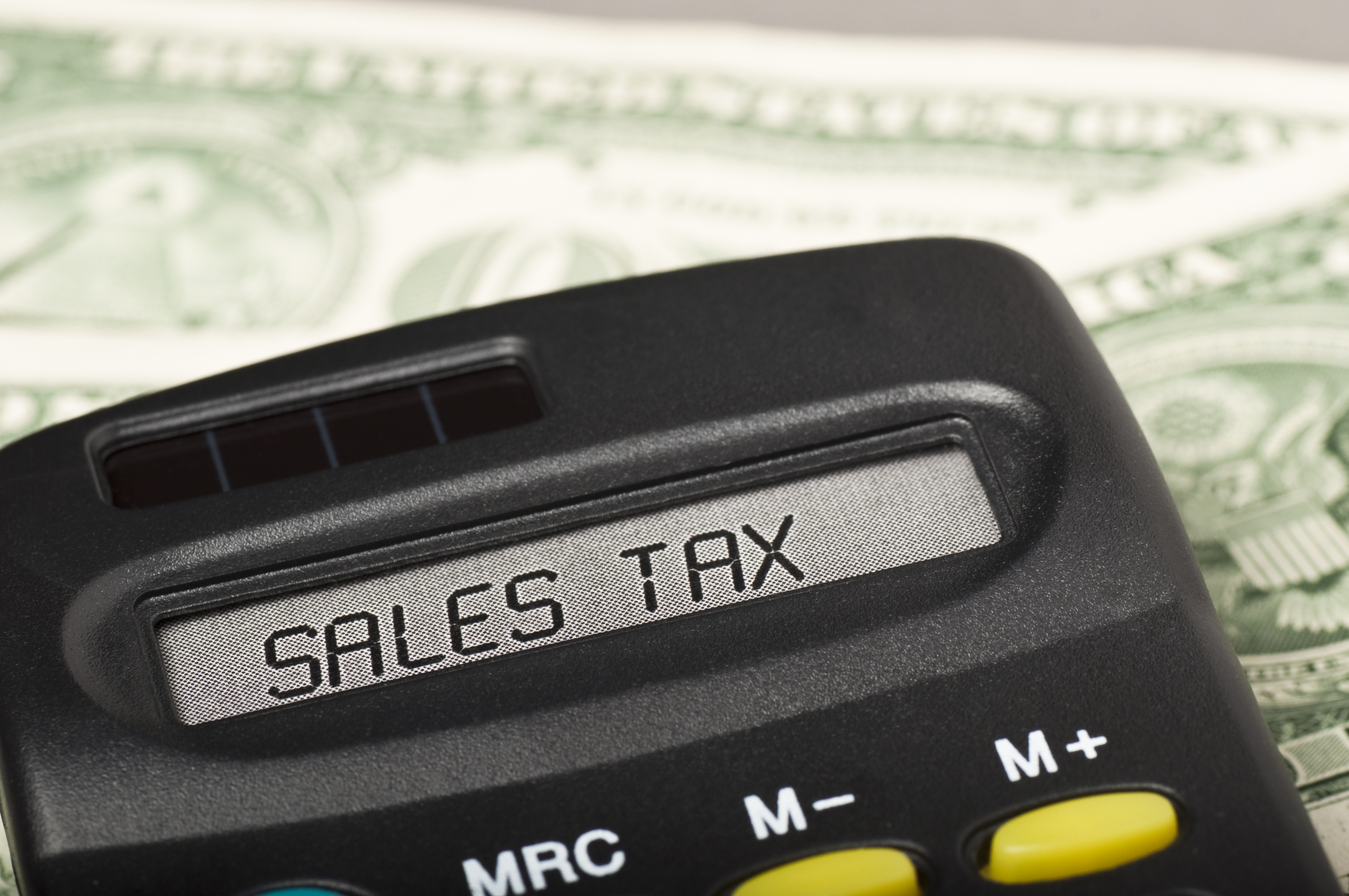All businesses relish a good sales tax audit. After all, what’s not to like? And did you know it’s possible to spend more time, money, and resources than absolutely necessary during an audit? It’s true. Simply follow the five tips below and you’ll dramatically increase your chances of having to pay those coveted audit penalties.
1. Give the auditor a hard time
Spare no inconvenience. Send the auditor on coffee runs. Set the auditor up in your most cramped and unappealing space then make the auditor sort through the messiest records. First impressions matter when it comes to audits, so make yours a terrible one. The harder the experience for the auditor, the more likely that auditor will help you spend more money, resources, and time.
2. Assume you don’t need to collect tax
This is a high-risk move. If you have nexus in a state, you’re required to collect and remit sales tax; and while nexus used to refer primarily to some sort of physical presence, that’s no longer the case.
On June 21, 2018, the Supreme Court of the United States ruled physical presence is not a requisite for sales tax collection. Since the decision in South Dakota v. Wayfair, Inc., more than 30 states have broadened their sales tax laws to include a business’s “economic and virtual contacts” with the state, or economic nexus. That trend is likely to continue until all states with a general sales tax impose a sales tax collection obligation on remote sellers.
If you want to ensure you run afoul of auditors, just keep on not collecting in states where you make significant sales: Tax authorities are looking for you; they’ll likely find you.
3. Put your exemption certificates in a box in the warehouse
This gives you two advantages. First, it forces the auditor to dig through a potentially rat-infested box for the records needed, thus wasting more time. Second, it increases your chances of losing certificates to flood, fire, or vermin.
If you don’t have a complete certificate that proves a customer is exempt, you’ll owe the state for the sales tax you didn’t charge — plus bonus penalties and interest.
4. Keep incorrect records
You want to fail a sales tax audit? Make sure your records don’t match your bank accounts. If you have more or less money in your account than shows up on your sales tax records, you’re begging for an audit penalty.
If incorrect records are too blatant for your taste, strive for incomplete records. Don’t stress about recording every cent of sales tax charged to your customers. Scribble sales tax records down on a sheet of paper so you’ll never know where to find them when you need them. The auditor will linger as long as there’s a clear discrepancy between how much you collect and how much you record.
5. Pay less than you owe
This one’s about your overall method. You can drastically increase your risk of penalties during an audit by manually managing sales tax. Paying less sales tax than what your business owes will substantiate incorrect record-keeping, shoddy certificate storage, and (purposeful) ignorance about nexus. Plus, think of all of the other opportunities for error that await when you manually manage the following:
- State and local jurisdiction rate changes
- Filing methods and schedules for each taxing jurisdiction
- Changing product taxability rules
But seriously
We know you don’t actually want to waste time, money, and resources. So, hopefully these tips give you some ideas of what not to do.
The right technology can turn sales tax management from painful and risky to easy and more accurate. Avalara’s suite of solutions can reduce your risk by automating calculations, certificate management, timely filing, and easy-to-access reports.
In the event you’re audited, Avalara can make it a much better experience for you — and the auditor. Learn more about automating sales tax management.
[This article first appeared on the Avalara blog.]
Thanks for reading CPA Practice Advisor!
Subscribe Already registered? Log In
Need more information? Read the FAQs
Tags: Sales Tax





